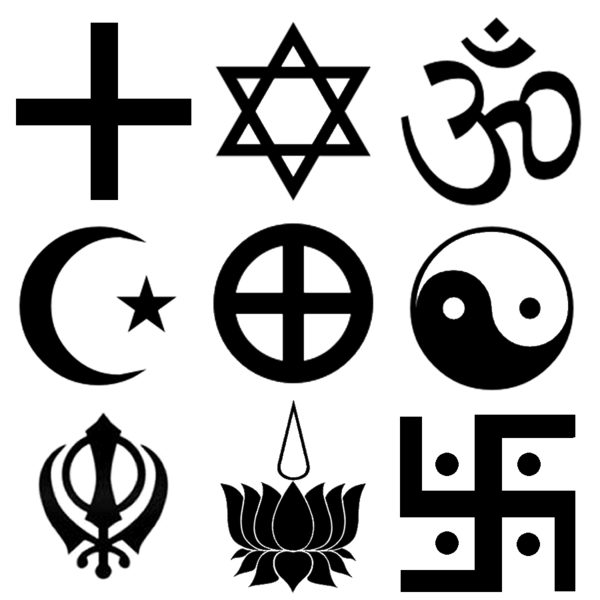Rwanda, a small but resilient nation in East Africa, embodies a rich tapestry of cultural and religious diversity that reflects its complex history and societal transformation. The principal religions practiced within its borders are Catholicism, Protestantism, and Islam. These three faiths represent varying degrees of belief and cultural influence within Rwandan society, and their interplay offers insights into significant periods in the country’s history, particularly during the pre-colonial and colonial eras, as well as the post-genocide reconciliation period.
The most prevalent religion in Rwanda is Christianity, which took root during the late 19th century. Catholicism, in particular, has had a profound impact on Rwandan society. The Catholic Church began its mission in the 1900s, and by the mid-20th century, its influence penetrated deeply into Rwandan culture. With schools and healthcare facilities established by missionaries, Catholicism became intertwined with national identity. Today, approximately 43% of the population identifies as Catholic, making it a dominant religious force.
One of the fascinating aspects of Catholicism’s role in Rwanda is its involvement during the 1994 genocide. The Catholic Church, though acting with the intention of goodwill, was demonstrated to be complicit in some instances. Several clergymen either took part in the atrocities or remained silent, leading to a crisis of faith and moral questioning within the community. This juxtaposition of spirituality and human frailty invites contemplation on the moral responsibilities of faith leaders in times of national strife. Yet, the Church has since embarked on a path of reconciliation and healing, fostering interfaith dialogue and aiding in the reintegration of survivors and perpetrators alike.
Protestantism is another vital facet of Rwanda’s religious landscape, with around 39% of the population adhering to various Protestant denominations. The arrival of Protestant missionaries followed the early Catholic missions, with various denominations such as Anglican and Baptist emerging. Protestantism in Rwanda tends to emphasize personal faith and social justice, with a strong focus on community engagement and development projects. This active participation in societal improvement has garnered respect from many Rwandans.
Interestingly, Protestant churches have also played a critical role in the post-genocide healing process. The leadership within these communities has embraced the call for peacebuilding and forgiveness, promoting messages of hope and communal restoration. Many Rwandan Protestants anchor their faith in the ethos of reconciliation, a theme that reflects the broader Christian doctrine concerning love, redemption, and forgiveness. By fostering these values, Protestant denominations contribute positively to national cohesion, seeking to mend the rifts caused by past grievances.
In contrast to the dominant Christian traditions, Islam represents a smaller, yet significant component of Rwanda’s religious makeup, accounting for approximately 4% of the population. Islam in Rwanda has historical roots that traced back to trade routes and interregional exchanges dating back several centuries. The Islamic community in Rwanda primarily consists of Sunni Muslims, who have established mosques and community centers, particularly in urban areas.
The relationship between the Muslim community and the predominantly Christian population has been characterized by coexistence and mutual respect. The principles of Islam, such as charity and community aid, resonate deeply within Rwandan culture, reinforcing social harmony amidst a backdrop of religious plurality. The post-genocide period has seen an increase in interfaith dialogue, with Muslims and Christians coalescing around shared humanitarian objectives, such as education and poverty alleviation. Such collaboration exemplifies the transformative power of faith in fostering peace and understanding.
The coexistence of Catholicism, Protestantism, and Islam in Rwanda highlights more than just religious diversity; it unveils a narrative rich with deeper insights into human social dynamics. The integrations of these faiths into the cultural fabric speak to inherent human desires for belonging, meaning, and the pursuit of ethical living. Each religion contributes unique perspectives, enriching the national dialogue on moral agency and the human condition.
Moreover, the juxtaposition of these faiths against Rwanda’s turbulent history poses profound questions regarding ethical conduct in spiritual leadership. The legacies of the genocide and the responsibility of religious institutions call for introspection within these communities. What does it mean to embody Christian virtues in the face of collective trauma? How do these faith communities navigate the complex interplay of justice and mercy in the restoration of a fractured society?
In conclusion, the religious landscape of Rwanda, characterized by Catholicism, Protestantism, and Islam, depicts a narrative of resilience, transformation, and hope. Each religion plays a pivotal role not merely in the spiritual guidance of Rwandans but also in shaping the moral compass of the nation. As Rwanda continues to heal from the scars of its past, the mutual collaboration among these faiths lays a firm foundation for a reconciled future. Understanding the intricate dynamics between these religions invites a broader dialogue on faith, ethics, and collective healing. Through this lens of shared humanity, the story of Rwanda exemplifies the potential for religions to contribute positively beyond their doctrinal boundaries, embarking on a journey toward universal peace and acceptance.



